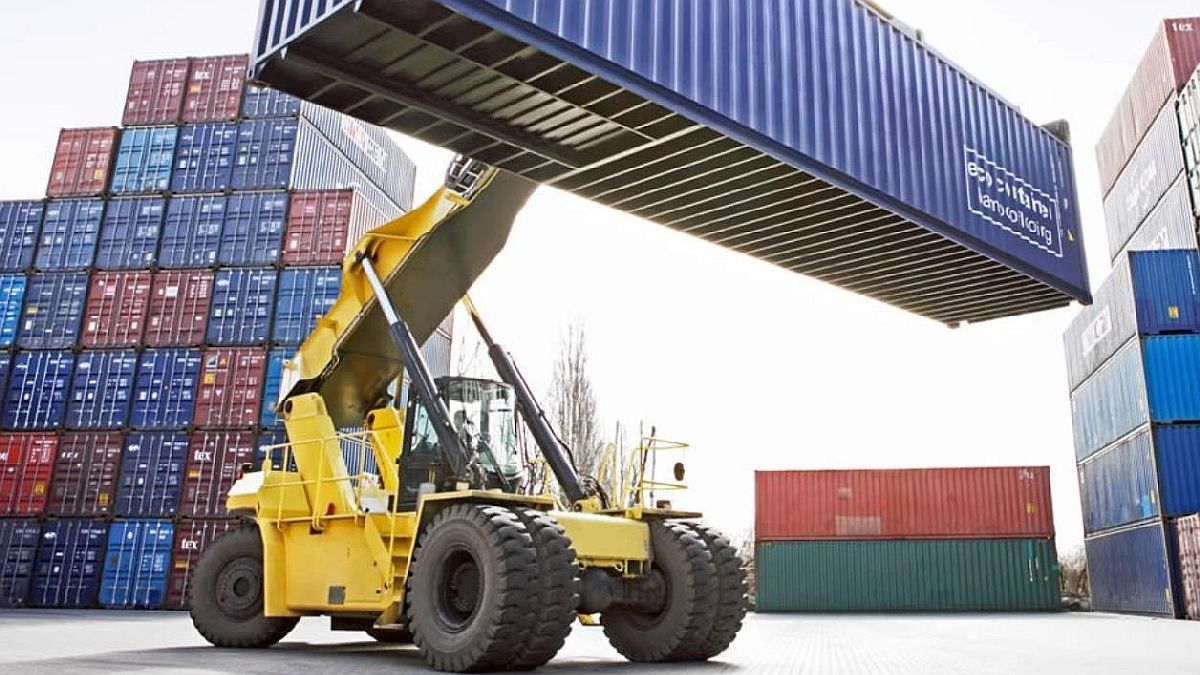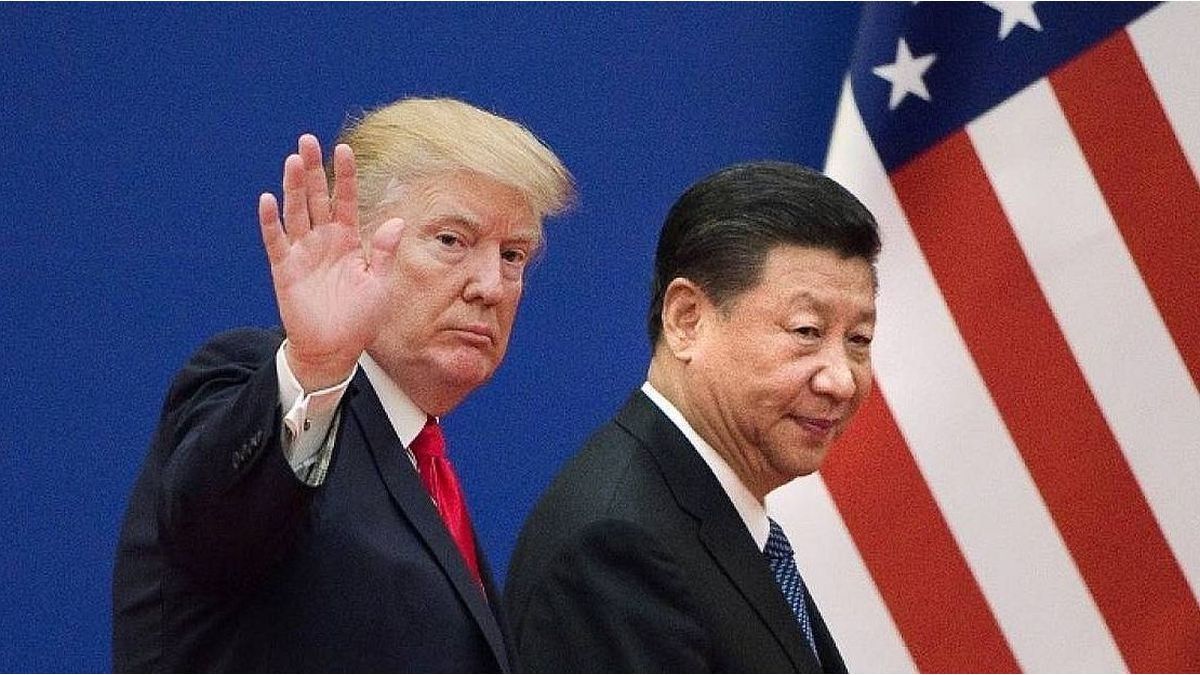In April the Central Bank recorded US$5.99 billion in dollar saleswith an increase of 24.9% compared to the same period of last year and on the other hand, there was liquidation of exports for US$7,393 million, which represents a growth of only 8.9%. The balance was a surplus of US$1,403 million, which is almost the same as the one recorded by the INDEC with customs declarations (u$s1,444 million).
In January of this year, import payments grew 30.91% year-on-year (US$5,019 million), in February they jumped 41.57% (US$4,689 million), and in March they rose 36, 8% (US$6,171 million).
On the other hand, if the Customs declarations measured by INDEC are taken, in January imports were authorized for US$5,251 million, with an increase of 36.6% compared to 2021; in February, US$5,634 million (51.7%), in March US$7,083 million (33.1%) and in April US$6,883 million (47.3%).
In the first quarter of the year it is noted that the rhythm of declarations of imports before the Customs grows much more than what the Central Bank authorizes to pay. The body that depends on the AFIP declared a total of US$24,852 million, against sales of US$21,869 million. At the moment, there are payments to be made that add up to US$2,983 million.
Among the importers, they point out that there are different factors that could be affecting payments, among them, the measure of the Central that sets a limit to free access to the Single and Free Exchange Market. Companies must add 5% to the amount imported last year or 70% compared to 2020. Any excess must be financed within 180 days of the date of shipment, which in practice can take up to a year.
When the measure was launched in March of this year, Central Bank authorities assessed that the impact of it was going to arrive with a delay of a couple of months.
The businessmen consulted point out that everything that up to now could be imported and paid for, It was done through requests for protection before the Justice, which began to be made by significant amounts. But they warn thatn May that window was also closing.
On the other hand, it points out that all finished imported products that enter the country under non-automatic licenses (LNA) are also delaying with its deadlines to the limit, which are 90 days in accordance with the rules of international trade. This is defined at the level of the Ministry of Industry.
Meanwhile, importers point out that there are many companies that are already exhausting the quota that was determined by the AFIP resolution. And that is due, among other things, to the fact that hehe prices this year are substantially higher than those of last year, which means that with the same imported quantities, the amounts grow.
Source: Ambito
David William is a talented author who has made a name for himself in the world of writing. He is a professional author who writes on a wide range of topics, from general interest to opinion news. David is currently working as a writer at 24 hours worlds where he brings his unique perspective and in-depth research to his articles, making them both informative and engaging.




